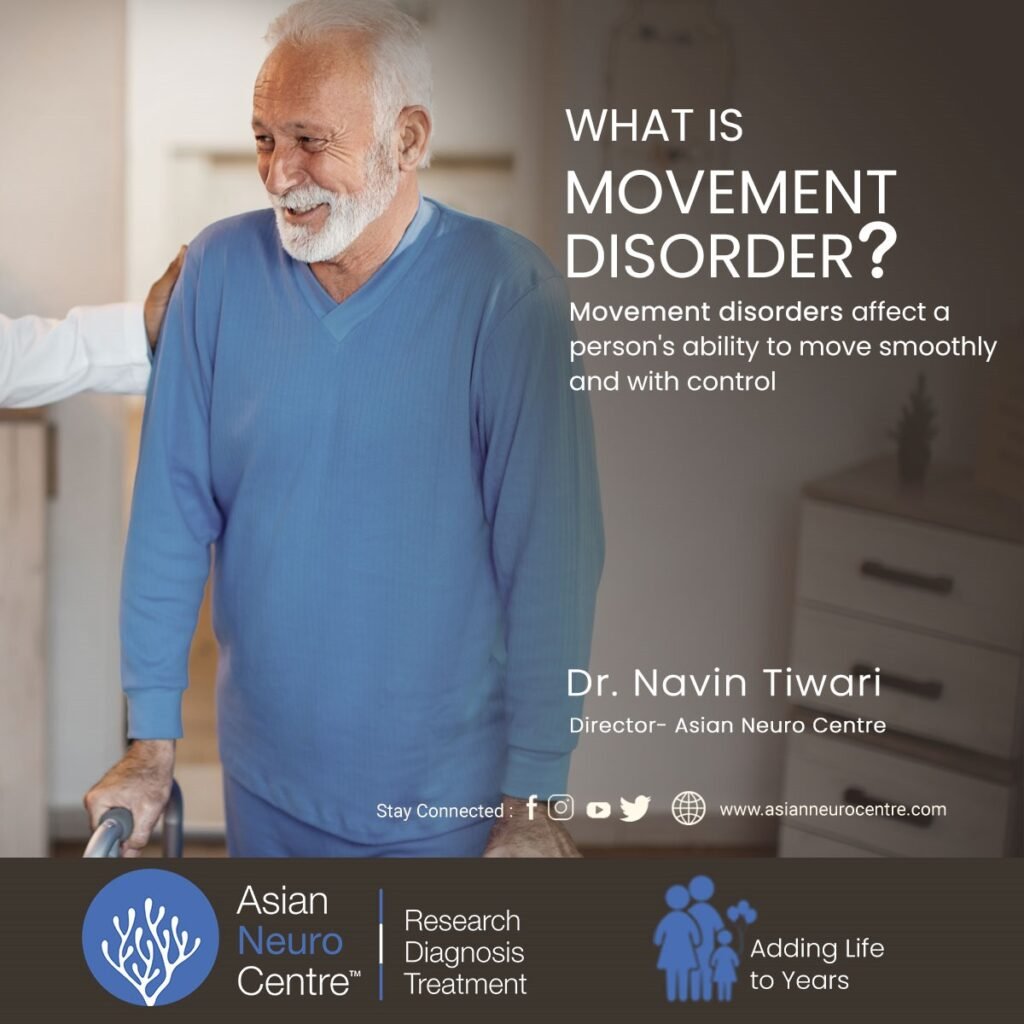- Have any questions?
- 911 12345 29
- info@asianneurocentre.com
What is Movement Disorder?, Symptoms, Causes, Treatment & More
How do I know if I have a Movement Disorder? – Asian Neuro Centre
November 15, 2023What is Ataxia?, Symptoms, Causes, Treatment & More
November 24, 2023What is Movement Disorder?, Symptoms, Causes, Treatment & More
- best movement disorder specialist
- best movement disorder specialist near me
- Can movement disorders be cured?
- chorea movement disorder
- choreic movement disorder
- choreiform movement disorder
- chronic movement disorder
- congenital mirror movement disorder
- drug induced movement disorder
- duke movement disorder clinic
- dystonia movement disorder
- dystonic movement disorder
- emory movement disorder clinic
- extrapyramidal and movement disorder
- extrapyramidal movement disorder
- functional movement disorder
- functional movement disorder exercises
- functional movement disorder symptoms
- functional movement disorder treatment
- hyperkinetic movement disorder
- icd 10 code for movement disorder
- icd 10 code for periodic limb movement disorder
- icd 10 movement disorder
- icd 10 periodic limb movement disorder
- international parkinson and movement disorder society
- involuntary movements of arms and legs
- iron deficiency periodic limb movement disorder
- joe cocker movement disorder
- limb movement disorder
- list of movement disorders
- mirror movement disorder
- most common movement disorders
- Movement Disorder
- movement disorder center
- movement disorder clinic
- movement disorder clinic near me
- movement disorder doctor
- movement disorder doctors near me
- movement disorder dystonia
- movement disorder fellowship
- movement disorder icd 10
- movement disorder in schizophrenia
- movement disorder neurologist
- movement disorder neurologist near me
- movement disorder parkinson
- movement disorder schizophrenia
- movement disorder society
- movement disorder society 2017
- movement disorder specialist
- movement disorder specialist near me
- movement disorder specialist new jersey
- movement disorder specialist nj
- movement disorder specialist nyc
- movement disorder specialists
- movement disorder symptoms
- movement disorder treatment
- movement disorders journal
- movement disorders list
- movement disorders pdf
- movement disorders ppt
- movement disorders symptoms
- movement disorders treatment
- muscle movement disorder
- my husband has periodic limb movement disorder
- neurological movement disorder
- neurologist movement disorder specialist
- neurologist movement disorder specialist near me
- neurology movement disorder specialist
- parkinson movement disorder
- parkinson's movement disorder
- parkinson's movement disorder specialist near me
- pediatric periodic limb movement disorder
- periodic leg movement disorder
- periodic limb movement disorder
- periodic limb movement disorder icd 10
- periodic limb movement disorder natural treatment
- periodic limb movement disorder symptoms
- periodic limb movement disorder treatment
- periodic limb movement disorder treatment naturally
- periodic limb movement disorder va rating
- periodic limb movement disorder video
- pkd movement disorder
- rapid eye movement disorder
- rare movement disorders
- rem movement disorder
- rhythmic movement disorder
- rhythmic movement disorder autism
- rhythmic movement disorder in adults
- saccadic eye movement disorder
- schizophrenia movement disorder
- sleep movement disorder
- sleep related rhythmic movement disorder
- sleep rhythmic movement disorder
- sleep-related rhythmic movement disorder
- stereotypic movement disorder
- stereotypic movement disorder treatment
- supplements for periodic limb movement disorder
- swedish movement disorder clinic
- td movement disorder
- texas movement disorder specialists
- ucla movement disorder
- ucla movement disorder clinic
- usf movement disorder clinic
- utsw movement disorder clinic
- vanderbilt movement disorder clinic
- What are the signs of movement disorder?
- what causes movement disorders
- what causes rhythmic movement disorder in adults
- what is a movement disorder
- what is functional movement disorder
- what is movement disorder
- What is Movement Disorder?
- what is periodic limb movement disorder
- What is the Most Common Movement Disorder?
- What is the most common type of movement disorder?
- आंदोलन विकार के लक्षण क्या हैं?
What is Movement Disorder?
Movement disorders affect a person’s ability to move smoothly and with control. These disorders can lead to either excessive or reduced movements, making it challenging for individuals to perform daily activities.
There are various types of movement disorders, each with its own characteristics. Some common ones include tremors, where involuntary shaking occurs; dystonia, causing muscle contractions and abnormal postures; and ataxia, leading to coordination problems.
Movement disorders contain a range of conditions affecting the control of body movements. Understanding the type and cause is essential for appropriate treatment.

Symptoms of Movement Disorder
- One common symptom is tremors, which are involuntary shaking movements.
- Stiffness in muscles is another sign. It makes it hard for a person to move smoothly.
- People with movement disorders might have trouble coordinating their movements.
- Muscle contractions, known as dystonia, cause abnormal postures and twisting movements.
Causes of Movement Disorder
Movement disorders can arise from various factors affecting the brain’s control over bodily movements:
- Some movement disorders have a genetic basis, meaning they are inherited from family members.
- Injuries to the brain, such as those from accidents or trauma, can lead to movement problems.
- Some medications may induce movement disorders as a side effect.
- Certain infections affecting the brain can result in abnormal movements.
- Exposure to toxins or certain chemicals can contribute to the development of movement disorders.
Understanding these factors is crucial for diagnosing and managing movement disorders, allowing for appropriate care and treatment.
Treatment of Movement Disorder
Doctors often prescribe medications to help control symptoms. Physical therapy exercises can enhance muscle strength and coordination.
Occupational therapy focuses on daily tasks, helping individuals regain and maintain their ability to perform activities of daily living.
For those with movement disorders affecting speech, speech therapy can be beneficial in improving communication skills.
Adopting a healthy lifestyle, including regular exercise, a balanced diet, and sufficient sleep, can contribute to overall well-being and may positively impact movement disorder symptoms.
Dr. Navin Tiwari
Consulting Neurologist
